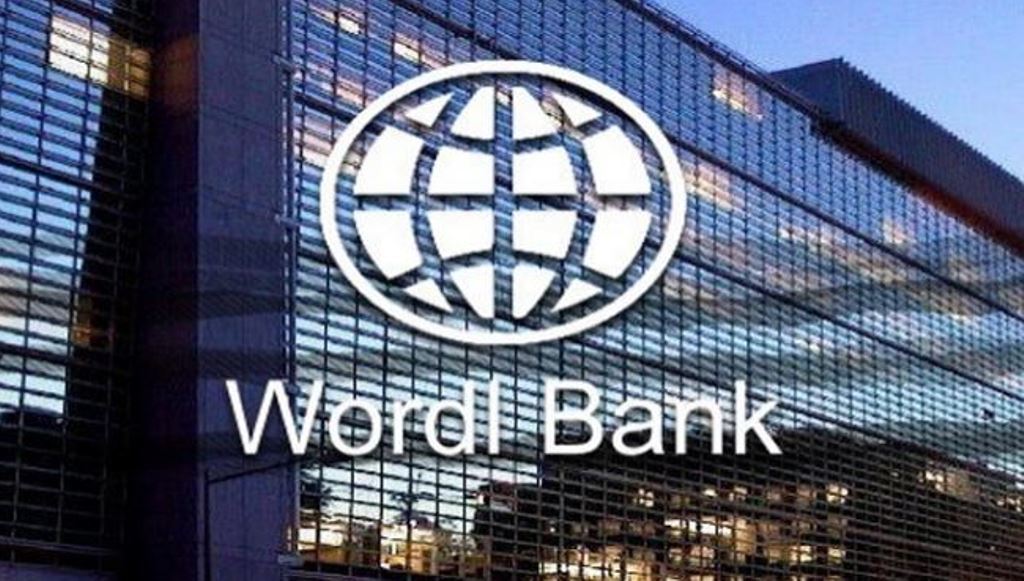
WASHINGTON, The World Bank today approved Strategic Climate Fund (SCF) Grant in the amount of $5.61 million and SCF Loan in the amount of $2 million to help Nepal diversify its energy sources to renewables. The SCF grant and credit support the Private Sector-Led Mini-Grid Energy Access Project, which aims to mobilize energy-service companies in selected regions of the country to increase capacity of renewable energy mini-grids.
“One component of the project will provide credit facility to the private sector to support renewable mini-grid sub-projects, and help this sector prosper and expand,” said Subodh Adhikari, World Bank Senior Energy Specialist and Task Team Leader of the Project. “The second component will provide technical assistance to the mini-grid sector, energy-service companies and partner banks to ensure smooth and sustainable implementation,” he added.
The Project is aligned to the efforts of the Government of Nepal to address barriers to private sector participation in the renewable energy mini-grid sector. The Project will aim to address these barriers by successfully demonstrating new approaches that will promote public-private partnerships (PPPs). Private entities and cooperatives will be mobilized to provide electricity services to rural areas as “energy service companies” (ESCOs). These specialized ESCOs will crowd-in the necessary technical expertise and financing capacity to develop, build, own and operate renewable mini-grid projects. They will have access to better credit terms and stronger project development support through the Project.
“This Project will tap into the vast business opportunities and technical potential for the private sector to provide more efficient and sustainable energy services in Nepal,” said Faris Hadad-Zervos, World Bank Country Manager for Nepal. “It is directly linked to the Government of Nepal’s effort for greater private sector management and commercial financing through public-private partnerships, and the World Bank’s mission of maximizing all financial opportunities for development,” he added.
The Project aims to improve the overall energy supply situation in Nepal by promoting renewable energy solutions, including the opportunities to capture private sector efficiencies through PPPs. This is consistent with the World Bank Nepal’s Country Partnership Framework, that has identified unavailability of energy supply to be one of the major obstacles in investment, productivity, and livelihood opportunities. To combat this, the Project will introduce conditions to gradually shift from subsidized model to a commercial business model in mini-grids, pushing for a vibrant and long-term energy market.
While enhancing the market, the Project ultimately aims to support rural residential and nonresidential customers, who will gain access to new or improved energy services in rural areas through renewable energy mini-grids.
The World Bank Group and Nepal:
In Nepal, the World Bank Group (WBG) includes the International Development Association (IDA), the concessionary lending arm; the International Finance Corporation (IFC), the private sector arm; and the Multilateral Investment Guarantee Agency (MIGA), the investment risk insurance arm.
The World Bank currently supports 25 active investment projects in Nepal with $2.6 billion dollars in commitments from IDA and trust funds of which significant proportion is against Development Policy Credits for policy reforms in the areas of fiscal decentralization, financial sector and energy sector. The indicative resources available under IDA18 (FY2018-2020) are about $1.39 billion, including $300 million from the IDA Risk Mitigation Regime. IFC aims to commit about $800 million to $1.2 billion over the five-year period (FY19 to FY23). MIGA is actively seeking opportunities to support foreign private investment into Nepal. IFC and MIGA may make use of the IDA IFC/MIGA Private Sector Window (PSW) and the MIGA Guarantee Facility to underwrite eligible projects.
The World Bank Group (WBG) fielded its first economic mission to Nepal in 1963 to assess the country’s development prospects and challenges. It approved its first credit in 1969 for a telecommunications project. Since then, the World Bank has provided Nepal $4.75 billion in assistance ($3.48 billion in credits and $1.27 billion in grants). 
 कोलोराडोमा योमरी पुन्ही सम्पन्न
कोलोराडोमा योमरी पुन्ही सम्पन्न
 ‘रअ’का पूर्व एजेन्ट विष्टको दाबी : एक महिनाभित्र ओली सरकार ढल्दैछ
‘रअ’का पूर्व एजेन्ट विष्टको दाबी : एक महिनाभित्र ओली सरकार ढल्दैछ
 दक्षिण कोरियाका राष्ट्रपति युन महाभियोगपछि पदबाट निलम्बित
दक्षिण कोरियाका राष्ट्रपति युन महाभियोगपछि पदबाट निलम्बित
 गढीमाई मेला सकियो, दर्शनार्थीको भीड कायमै
गढीमाई मेला सकियो, दर्शनार्थीको भीड कायमै
 स्थिरता, स्थायित्व र सुशासनका लागि वर्तमान सरकार बनेको हो : प्रधानमन्त्री ओली
स्थिरता, स्थायित्व र सुशासनका लागि वर्तमान सरकार बनेको हो : प्रधानमन्त्री ओली
 दक्षिण कोरियाली कार्यवाहक राष्ट्रपतिविरुद्ध तत्काल महाभियोगको प्रस्ताव नलगाइने
दक्षिण कोरियाली कार्यवाहक राष्ट्रपतिविरुद्ध तत्काल महाभियोगको प्रस्ताव नलगाइने
 मनकामना केबलकारको सेवा भोलि र पर्सि बन्द हुने
मनकामना केबलकारको सेवा भोलि र पर्सि बन्द हुने